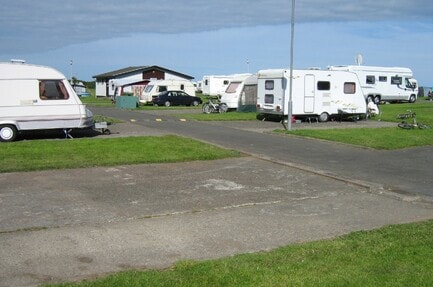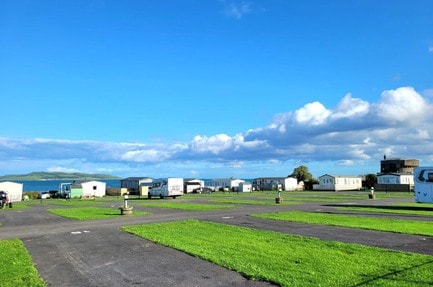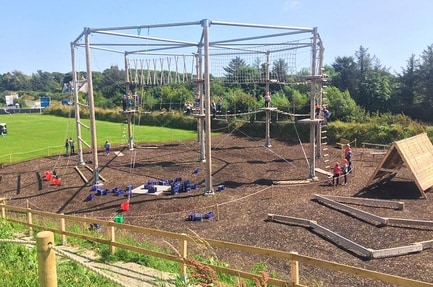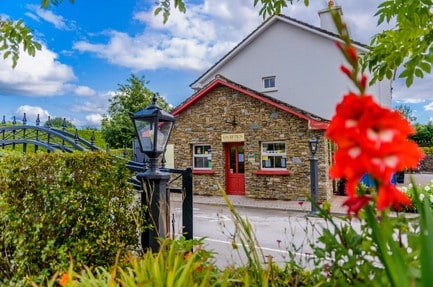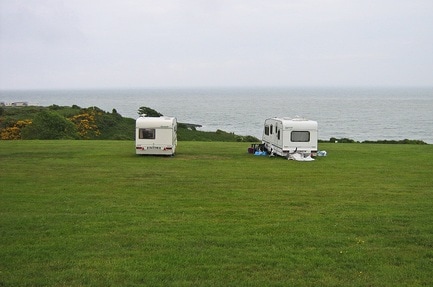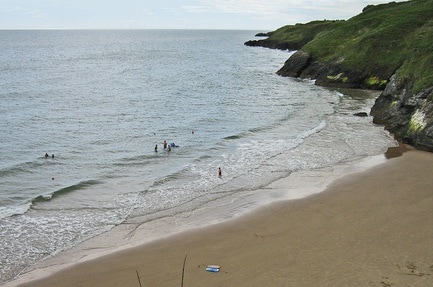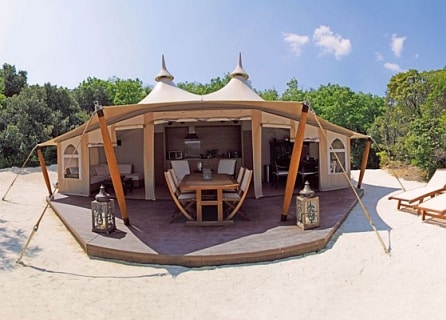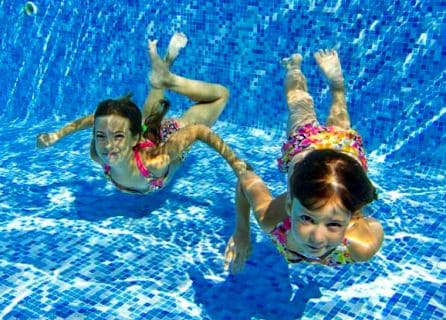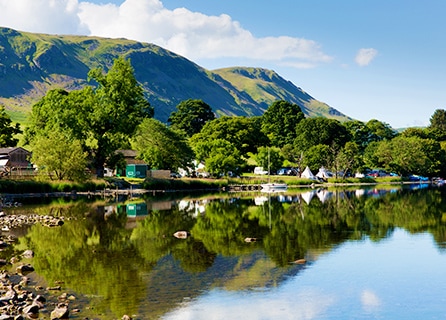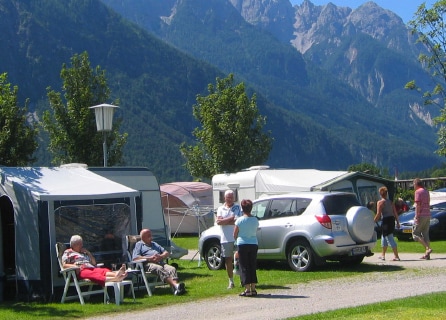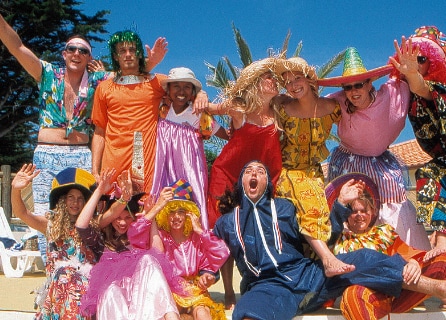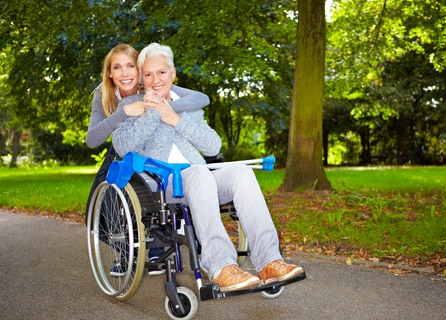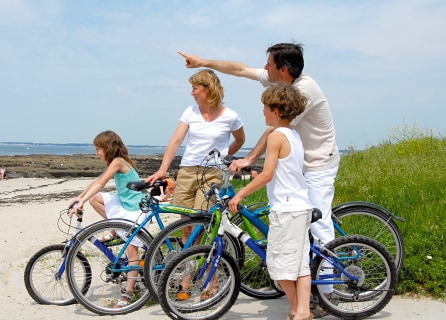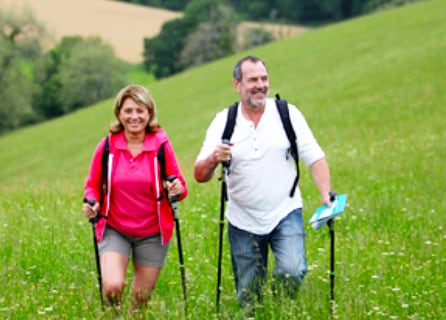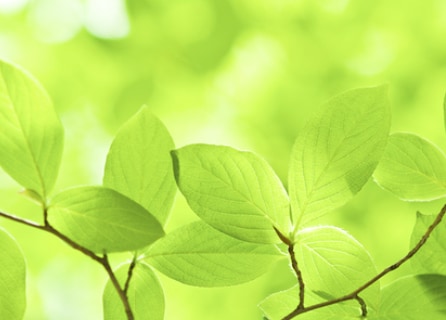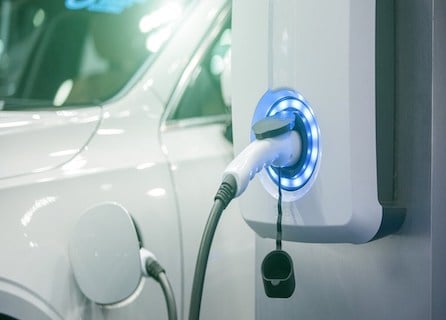Ireland: camping on a green island
For such a relatively small island, the always green Ireland offers a great range of wonderful sights and things to do. With the campsite as your ‘base camp’, you have every opportunity to enjoy the beautiful countryside, explore the rugged coastline and visit the many fascinating towns and cities.
Idyllic green landscapes
Steep rocky coastal cliffs, the surreal natural landscape of the Burren, rolling hills and peaceful valleys, far away from all the hustle and bustle. No country greener than Ireland, or Éire for the locals. It's a great place for long hikes and cycling. But there's more to Ireland than just its natural beauty! Discover rural farming villages built from stone, grassy meadows intersected by a network of stone walls and mythical, mysterious places reminding you of the legendary Celtic culture.
Day trips
Art lovers will enjoy the Irish Museum of Modern Art. Other great places to visit from your campsite include the crystal works in Waterford or the Opera House in Belfast. The cities on this beautiful isle are a reflection of Irish traditions and folklore. Dublin, the country's capital, is particularly regarded as a cultural centre and is perfect for a city trip.
St. Patrick's Cathedral, the largest church in Ireland, boasts a wonderful collection of paintings and sculptures. One of the oldest books in the world, the Book of Kells, is on display in Trinity College.
Guinness and whiskey
Your Irish camping holiday wouldn't be complete without a lovely pint of Guinness in one of the many Irish pubs. There are thousands in Dublin alone and you can hear live music from almost every tavern and on every corner. After all, song and dance are deeply rooted in the Irish tradition. Whiskey is another drink the Irish are famous for. Why not visit a whiskey distillery to see with your own eyes how the different types are made?


